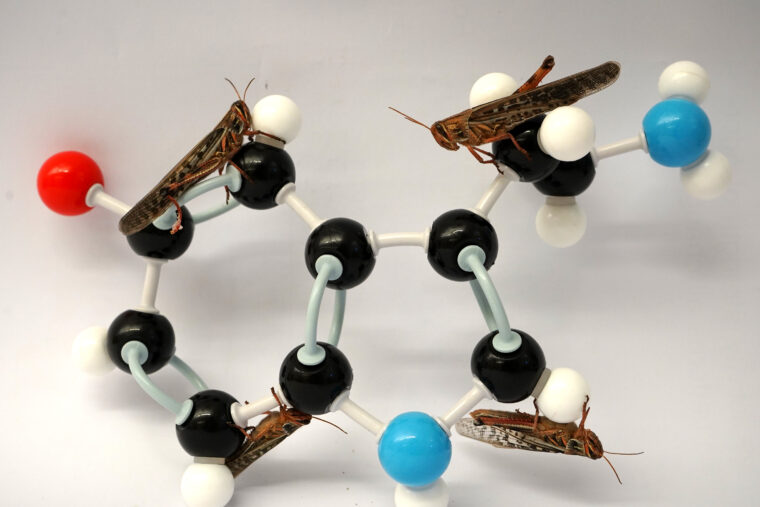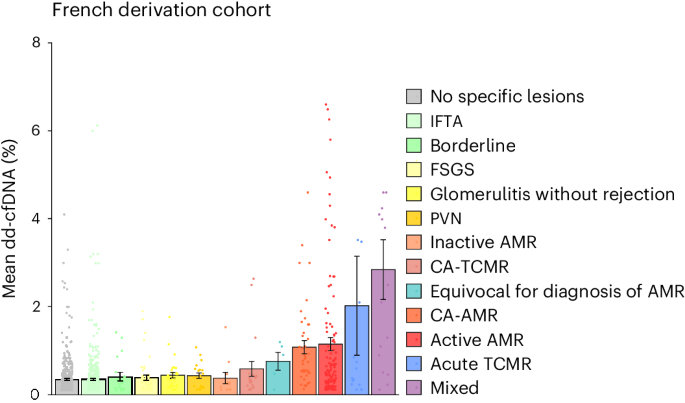2024-08-06 ワシントン大学セントルイス校

WashU researchers studied how serotonin alters a locust’s sense of smell. (Photo: Raman lab)
<関連情報>
- https://source.wustl.edu/2024/08/studying-how-serotonin-alters-locusts-sense-of-smell/
- https://elifesciences.org/articles/91890
匂い誘発神経反応のセロトニン作動性増幅が柔軟な行動結果にマップされる Serotonergic amplification of odor-evoked neural responses maps onto flexible behavioral outcomes
Yelyzaveta Bessonova,Baranidharan Raman
eLife Published:Jul 30, 2024
DOI:https://doi.org/10.7554/eLife.91890.3
Abstract
Behavioral responses to many odorants are not fixed but are flexible, varying based on organismal needs. How such variations arise and the role of various neuromodulators in achieving flexible neural-to-behavioral mapping is not fully understood. In this study, we examined how serotonin modulates the neural and behavioral responses to odorants in locusts (Schistocerca americana). Our results indicated that serotonin can increase or decrease appetitive behavior in an odor-specific manner. On the other hand, in the antennal lobe, serotonergic modulation enhanced odor-evoked response strength but left the temporal features or the combinatorial response profiles unperturbed. This result suggests that serotonin allows for sensitive and robust recognition of odorants. Nevertheless, the uniform neural response amplification appeared to be at odds with the observed stimulus-specific behavioral modulation. We show that a simple linear model with neural ensembles segregated based on behavioral relevance is sufficient to explain the serotonin-mediated flexible mapping between neural and behavioral responses.

